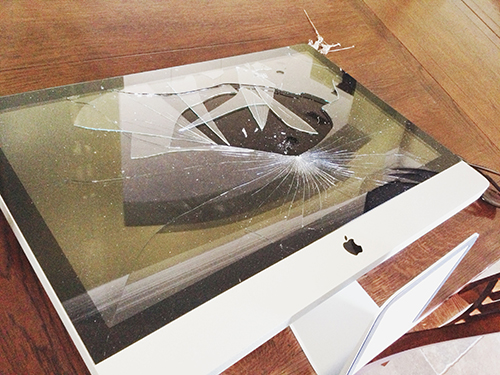Matinee dates and other riffs
/G and I have found it increasingly tough to get out together on a Friday or Saturday night. Those precious weekend evenings seem to fill up with our kids' events & social lives and the accompanying chauffeuring they require. Or, now that there are just two kids at home, often one of the kids has plans and the other doesn't, which leaves us feeling awkward and loathe to leave just one kid behind all evening to fend for his/herself. (It makes me almost long for the days of yore when we just called a babysitter and the kids had no after-dark social lives--or, even better, when Candyland with the babysitter ranked high in their social lives. Almost. If it ever had been as simple as "just" calling a babysitter.)
Anyway, we would go months without a just-us-two night on the town. Then we realized: who says it has to be a night? Who says it has to be on the weekend?
Liberated from our stringent definition of a date, we've come up with really terrific work-arounds. Meeting midweek for lunch, for example. And Saturday afternoon dates. The luxury of spending midday hours with my guy! Decadent, I tell you. Last weekend we saw a matinee movie and went to Costco together to look for a patio umbrella (hey! It counts.). Two weekends ago we had lunch by the lake and headed to the National Gallery of Australia to see the visiting Roy Lichtenstein exhibit.
I felt like I had a compatriot in Lichtenstein as I admired his innovative riffing and reinventing and reconceiving. The guy had no problem with changing things up, fusing images in unexpected ways, experimenting with printing techniques, and bringing pop art into the established art realm.
I left thinking about our changing, growing-yet-shrinking family and how we all have similar license to shake things up now and then as our families and our needs evolve. Of course there are non-negotiables: love, support, structure, and learning will always stay a priority no matter the family stage. But still. There are ways to riff, play outside the lines, and reinvent.
There's a prevailing concept in the business world of disruptive innovation. A new idea comes along, turns conventional wisdom on its head, and succeeds in a whole new way, usually by serving a whole new set of customers or finding novel ways to address new needs. I think this happens in families, too, as we come up with new traditions sometimes accidentally) and hit new stages, with epiphanies like:
- Who says I need to do all of the family laundry now that we're all old enough to understand how to do it well ourselves?
- Who says date night has to be at night or on the weekend?
- Who says you have to have a big traditional Sunday dinner when Thursday nights work better?
- Who says (as Sarah mentioned yesterday) that you can't have a family night with teenagers? Or that you can't reinvent the form into a weekly book group, cooking lesson, or dance party?
. . .
What work-arounds or innovations have you made to better address your family's needs, philosophy or stages? What "who says" epiphanies have you had (or do you want to make)?


































